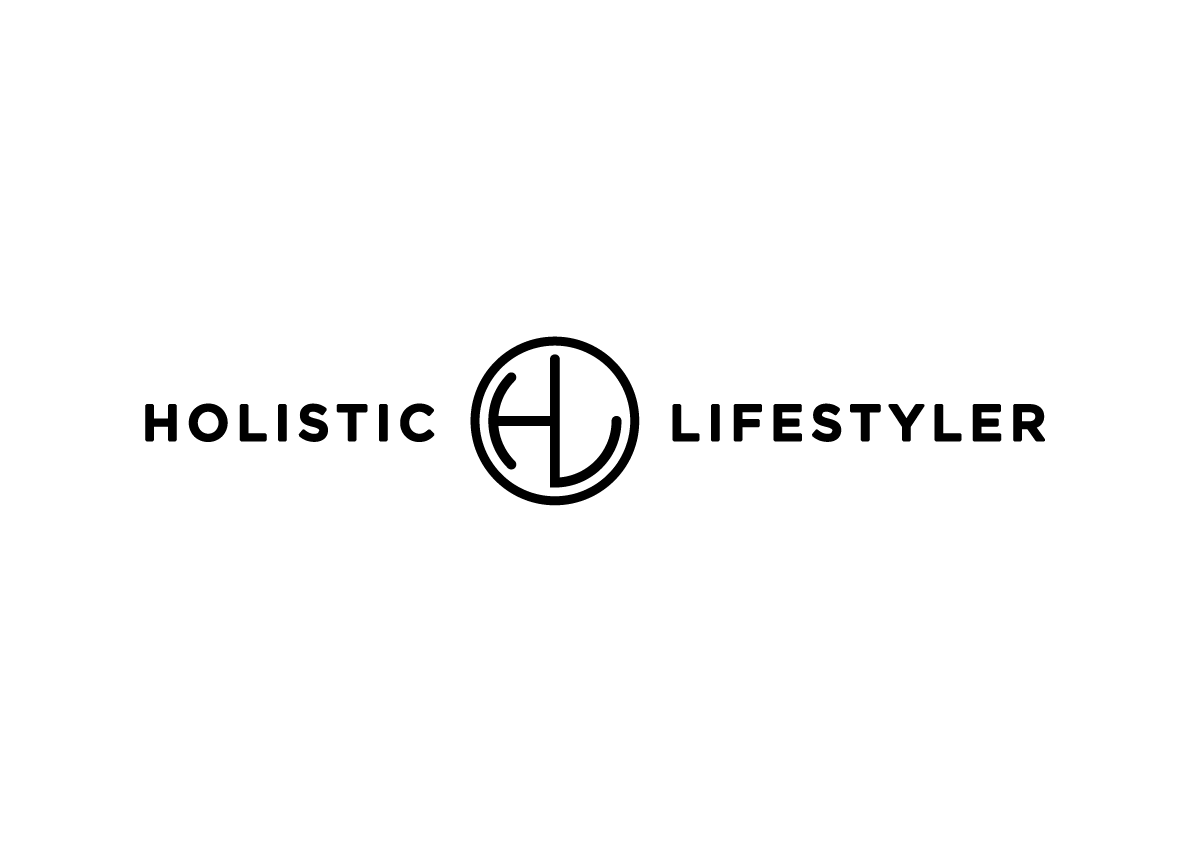Ayush Herbs NEEM PLUS™




Ayush Herbs NEEM PLUS™
Ayush Herbs NEEM PLUS™ 90 capsules
Skin Healing, Digestive & Immune System Support
NEEM PLUS™ is an advanced Neem supplement containing Azadirachta indica (neem) for its immune-supporting and skin healing properties. It also has a proprietary blend of Emblica officinalis (amla) for its antioxidant and adaptogenic properties; Terminalia chebula (haritaki) as a detoxifier; Terminalia belerica for its digestive and liver support, as well as Tinospora cordifolia and Rubia cordifolia for their immune-supporting effects.
Neem Plus™ helps to support a healthy digestive system and microbiome while also promoting skin health. Neem is a popular antimicrobial herb used for SIBO treatment and gut dysbiosis, is a strong antioxidant as well as a traditional herbal ayurvedic supplement.
Azadirachta indica ~ Neem
The Latin name, Azadirachta indica, for neem is derived from the Arabic language Azadirach-E-Hind, which translates to free growing tree of India. All parts of this evergreen branched tree are highly regarded in Ayurvedic medicine. The young fruits, stem and root bark are astringent, while the fresh twigs are often used to clean teeth. The seed is a stimulant, while the oils and seeds offer antiseptic and insect repellant properties. Neem has been recognized for its use in offering a healthy response to fungus, infection and immune support, acne support is a digestive stimulant for healthy digestion, liver supporting and healthy detoxification, and blood sugar support.
AYUSH HERBS NEEM PLUS HEALTH BENEFITS
Promotes detoxification and microbiome balance*
Promotes and supports healthy, radiant skin*
Helps maintain blood glucose levels already within a normal range*
Offers potent antioxidant and phytochemical support.*
Provides pure neem leaf extract
Includes added plant derived antioxidants and vitamin C
Added botanicals maximize potency and delivery to target tissues
Ayurvedic herbs
What is Neem Supplement Good For?
Small Intestinal Bacterial Overgrowth / SIBO Treatment & Neem
Given it’s antimicrobial & antifungal properties Neem is frequently used by practitioners as a treatment of small intestinal bacterial overgrowth (SIBO). Whilst there doesn’t appear to be any published research studies specifically looking at neem as a treatment for SIBO there are many studies that have investigated the effectiveness of Neem against a significant number of pathogens such as Staphylococcus aureus, Escherichia coli, Enterococcus faecalis, Pseudomonas aeruginosa, Salmonella typhi, Streptococcus agalactiae, Shigella boydii, B. subtilis, Klebsiella pneumoniae, Helicobacter pylori, Aspergillus flavus, Aspergillus niger, Candida Albicans and Candida tropicalis
NEEM as a Treatment for Gut Dysbiosis
Because of it’s broad spectrum antibacterial & antifungal properties neem is utilised by many practitioners as part of treatment for gut microbiome pertubations where there are opportunistic overgrowths of the mentioned microbes above.
SUGGESTED USE
1 capsule daily or as directed by your physician.
AYURVEDIC ENERGETICS
Guna (Properties): Light
Rasa (Taste): Astringent, bitter
Vipak (Post-Digestive Taste): Pungent
Virya (Energies): Cold
Prabhav (Effects): Kusht roghar and rakat shodhak (promotes healthy skin and wound healing and helps maintains normal blood sugar balance)
*THESE STATEMENTS HAVE NOT BEEN EVALUATED BY THE FOOD AND DRUG ADMINISTRATION or TGA. THESE PRODUCTS ARE NOT INTENDED TO DIAGNOSE, TREAT, CURE OR PREVENT ANY DISEASE.
References
Wylie, M.R. and Merrell, D.S. (2022) “The antimicrobial potential of the Neem Tree Azadirachta indica,” Frontiers in Pharmacology, 13. Available at: https://doi.org/10.3389/fphar.2022.891535.
Joy Sinha, D. et al. (2017) “Antibacterial effect of azadirachta indica (neem) or curcuma longa (turmeric) against enterococcus faecalis compared with that of 5% sodium hypochlorite or 2% chlorhexidine in vitro,” The Bulletin of Tokyo Dental College, 58(2), pp. 103–109. Available at: https://doi.org/10.2209/tdcpublication.2015-0029.


